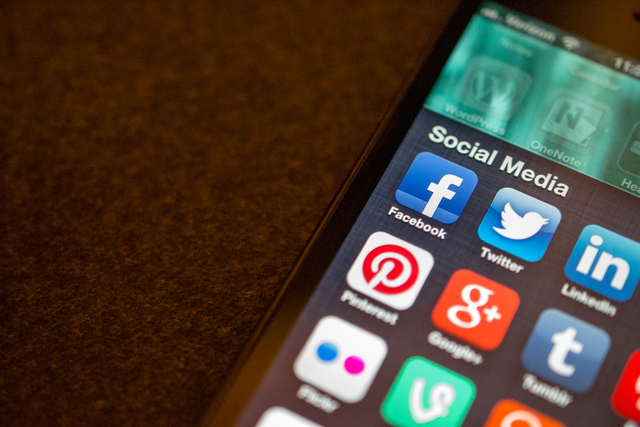The superb promise of social media is that by giving voice to regular humans all internationally, their collective studies and expertise could help society reach a better cognizance. BBecause the internet brought together the sector of information, social media could collectively bring our numerous views, specifically the huge wealth of uncodified human knowledge. As all of us recognize, the fact has been pretty the other: a poisonous cesspool of hate and stupidity, in which the loudest and most obnoxious one wins and enlightened insight is beaten using emotional sarcasm and toxicity. Is there any wish for a social destiny? Part of growing up from adolescence into purposeful adulthood is studying endurance. A child desires everything immediately, while adults examine the tough reality that matters take time from time to time. Social media is reverting us again to our formative year’s demand for on-the-spot gratification. Adulthood is about spending the time to suppose before speakme. Sadly, we are not content with spending even a few moments learning a question or verifying a truth. Instead, we click on the primary hyperlink that comes again from an internet search and retweet every exciting headline without even bothering to study the first paragraph of the item.

Adulthood is about setting paintings first. Yet, as any corporate IT department knows, the net is a sizeable entertainment wasteland. Groups that don’t require their employees to test their phones at the door can find that their employees spend a shocking amount of their workday glued to non-painting phone content. Parents with small children are short of realizing simply how strong their cellphone addictions are as their kids move up to cover their cellphones to attempt to win a piece more interest from the item that appears to draw more of their dad and mom’s interest and affection than they do.
Adulthood is ready to rationalize what is socially appropriate to communicate to others and what should be stored for oneself. Social media structures have reprogrammed a whole technology to no longer make such distinctions: just put each idea that pops into your mind on the net for all to peer, ridicule, endorse, or despise. Worse, as opposed to a jury of geographically proximate peers evaluating one’s ideas, today, those thoughts are judged by the whole planet. Trolls whose sole cause for online lifestyles is to toxify conversations and drag others down are short of assaulting the vulnerable, placing kids at special hazard in our rule-unfastened digital Wild West.
Adulthood is ready to control our emotions, learn to take a deep breath, and modulate our moments of anger or frustration. Social media teaches us to do exactly the opposite: vent the entire fury of our frank emotions at absolutely everyone inside the listening distance. The more emotion, snark, sarcasm, and vitriol we can work into our posts, the more likely we will move viral. Make the opposite character cry or withdraw from social media, and you could attain an internet reputation.
Adulthood is ready to prioritize informed discourse over emotional diatribes and learning what we know and don’t know. Once again, with social media’s relentless prioritization of velocity over accuracy, we’re encouraged to express our opinion on every issue, no matter whether we have the slightest bit of understanding concerning the topic. If we scream enough and sufficiently bully everyone who questions us, our wildest fiction can become internet truth.
Social media has regularly eroded all of these primary components of useful maturity.
Even professional pupils with superior ranges and teaching at our most prestigious universities have come to be converted by social media into Dr. Jekyll and Mr. Hyde’s dualities. By day, they may be rational, knowledgeable adults, focusing on the evidentiary expression of their information area. By night, they end up raving schoolyard bullies, screaming forth their opinion on each divisive issue of the moment, pouring forth snark, sarcasm, vitriol, and hate at each person who dares to disagree with them. Scholarly disagreements traditionally adjudicated through fact-encumbered emails are alternatively breaking into the no-holds-barred global of social media in which the aggrieved can call forth mob justice upon those they dislike.
Putting this all together, social media is, in many respects, causing regression in society, deemphasizing the trends we’ve historically associated with adulthood and restoring us to a kingdom of perpetual infancy. Rather than evolve society right into a better degree of collective awareness that brings forth the excellence in ourselves, social media has devolved us into poisonous schoolyard bullies clamoring for attention and petty victory. In the quit, our modern-day online global that commenced as a sharing understanding method has emerged as a place dominated by emotion over enlightenment. Perhaps this is the first step within the machines’ awesome plan for the singularity.